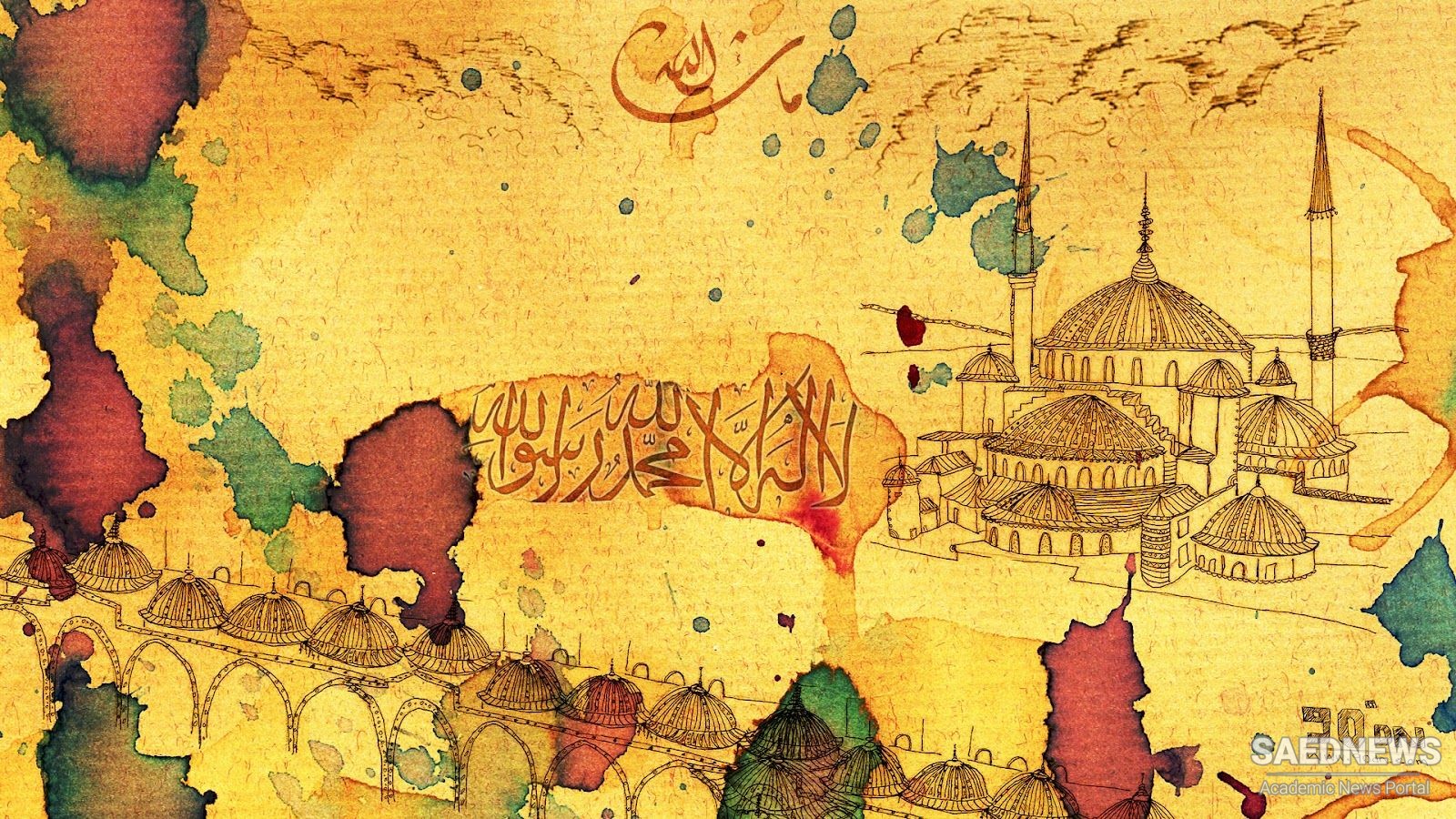It is indubitable that it is one of the intellects of which we have spoken in the Ilāhiyyāt [in §37 , supra] and that [it is that] particular one which is the nearest [to this world]. That is called the Agent Intellect, which acts upon our intellects so that they come from potentiality (quwwat) to actuality. However, when our sensations (maḥsūsāt) and our imaginings (khayālāt) do not exist, our intellect does not actualize, and when the sensations and imaginings come into being, there is a mixture of the forms with foreign accidents, and they are hidden like things in darkness. Thus, the splendour (or light; tābish) of the Agent Intellect falls upon the imaginings, in the way that the light of the sun falls on the forms [of things] which are in darkness. Hence, from those imaginings disjoined forms come to the intellect, just as because of light the visible forms are present in the mirror or the eye. As they are disjoined, they are universal (kullī), as whenever you make the superfluous separate from [the sensation of] humanity, a universal meaning remains, and the individualities disappear. Hence, this intellect makes an essence (dhātī) and accidents separate from one another; makes clear subjects and predicates; and makes clear each predicate which is united with a subject without the mediator in the intellect; and [makes clear] all of those [predicates for which] the mediator must be separated by thought.
When the human soul recognizes the intelligibles disjoined from matter, and the need to perceive through sense is gone, when the soul becomes separated from the body, [the soul’s] unity with the splendour above becomes complete, for its body is finally sent from it, however much an aid it was to it at first, just as, [for example, in the case of] a horseman who mounts a horse, in order to reach a place, and to reside there. If he cannot separate himself from the horse, and his heart is with the horse, and he remains upon it, then finally the horse is an obstacle to his goal, just as at first it had carried him. In this way, the cause of the perfection of the soul is the Agent Intellect, which is eternal and its splendour is constant, and the soul is its receptacle [for the intelligibles] by itself not by an organ [of the body], and the soul is eternal. Hence, the union of the soul with the Agent Intellect and [the soul’s] perfection are perpetual, and [the soul] suffers neither obstacle nor falsehoods nor destruction.
It has become evident that the pleasure of each faculty is in the perception of that thing for which it is, by its nature (ṭabʿ), a receptacle. And it has become evident that nothing is more pleasant than an intelligible idea (maʿānī). It has become manifest previously that the sensible does not hold such pleasure as the intelligible—moreover, that it is not even comparable to it. And it is evident that the cause is how it is that we perceive a pleasant thing and do not know a pleasant [thing]. It has become clear how this happens and does not happen.
From that, it follows that: when the human soul becomes separated [from the body], and it arrives at its goal, as we have said, its delight and its felicity are incomparable; and when it desires the acquired perfection—and when the perfection is not acquired to a degree which is perfect, it holds to it in this manner [cf. Ilāhiyyāt §37, supra]—and there is sorrow. If it does not have this desire, it has an imaginary state in conformity with its belief in which it is bound, and its act which it has done. And one says, it chooses that thing by imagination, and from imagination it is not set free, so that for it the aspect of sense of the lower [realm] does not exist, and it must be the organ of imagination, for example: the heavenly bodies.


 Islamic Revolution and Anti-America Campaign
Islamic Revolution and Anti-America Campaign














































